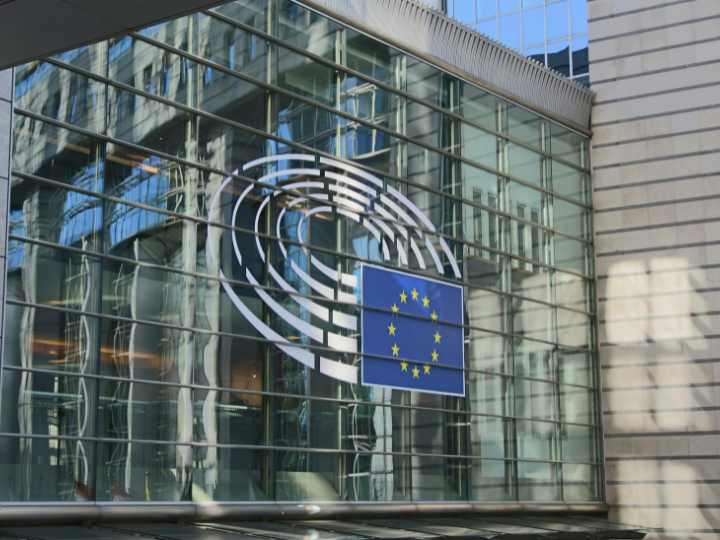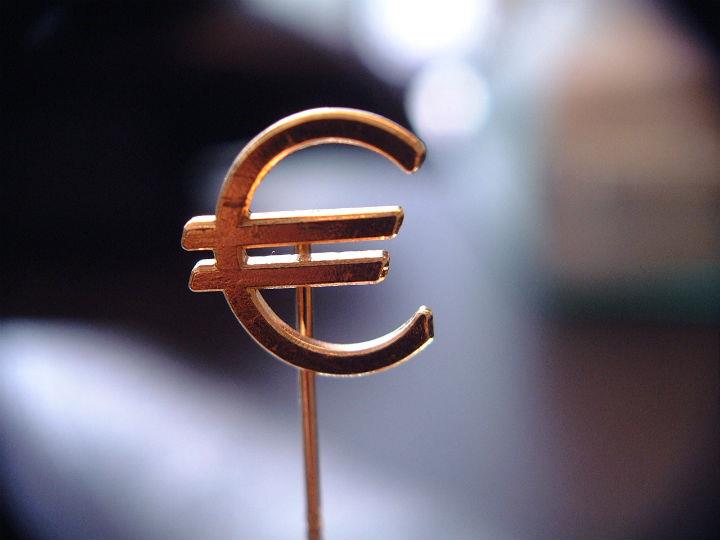by Max Griera
A balance of power shift after the European Parliament elections will give the centre-right European People’s Party (EPP) the upper hand, allowing them to bend the left while also reaching out to the right in a delicate balancing act that has the potential to backfire.
The European People’s Party (EPP) will rally in Bucharest on 6 March to elect current Commission President Ursula von der Leyen, their lead candidate for the EU elections, after which she is widely expected to secure a second term as president.
The EPP is also likely to have 10 commissioners put forward by centre-right national governments while remaining the first political group in Parliament with 180 seats, while the social democrats are projected to lose 14 seats, down to 140.
The Greens, liberals, and socialists are expected to lose votes, while the right and far fight forces like Identity and Democracy (ID) and right-wing European Conservatives and Reformists’ ECR are estimated to rank 3rd and 4th respectively. This will mean the EPP will comfortably have the upper hand in the next legislature, being able to pick one side or the other to reach a majority.
All of this strengthens EPP’s bargaining power over other political forces.
Playing with fire
Centre-right leaders are not worried about political backlash and have confirmed their intentions to cosy up with ECR, with Ursula von der Leyen stating that some conservative delegations could join EPP.
EPP Group President Manfred Weber told German newspaper Welt on 4 March that he would work with ECR forces, such as Italian Prime Minister Georgia Meloni’s Fratelli d’Italia and Czechia’s ODS, but not Poland’s PiS.
“In the newly elected European Parliament, selective cooperation with pro-European conservatives is just as conceivable for me as cooperation with the Greens,” he said.
The only red lines for collaboration are pro-Europe, pro-Ukraine, and pro-rule of law, “those are the pillars on which this firewall stands,” Weber said, echoing von der Leyen’s previous comments.
But not everyone is keen to work with Meloni.
The German Christian Democratic Party (CDU) ruled out collaboration with Fratelli d’Italia, blowing up Weber’s plans.
Meanwhile, EPP group Vice-President and Romanian MEP Siegfried Mure?an denied that Meloni’s party Fratelli d’Italia is a pro-European force in an interview with Euractiv on Tuesday.
“She has a long history which was anti-European (…) there is still a very long way for her party to go to transform itself in terms of leadership, in terms of programme to become, pro-European party.”
Instead, he emphasised that “the role of the EPP is to unite and lead the pro-European forces in the next term” in a traditional centre majority with socialists and liberals.
Nothing will pass against EPP’s will
But while the socialists will undoubtedly be key players in top job negotiations and policymaking after that, this time, the EPP will be a harsher nut to crack due to their enhanced bargaining power.
“What is clear is that pieces of legislation that passed against the will of the EPP will not pass again against the will of the EPP with a new majority in the next Parliament,” Mure?an told Euractiv.
“So the majority will be the same, but with a strengthened EPP and with no possibility for the socialists to outvote the EPP with the other left parties,” he added.
If the socialists do not bend, the EPP will likely have the numbers to turn their back and block legislation alongside ID, ECR, and other independent right-wing forces, as they – and some liberal lawmakers – unsuccessfully tried to do with the nature restoration law in the European Parliament.
“I think it is quite likely that they will use the opportunity on certain policy files to work together […] think of things like the Green Deal, agricultural policy, migration,” Patrick Bijsmans, associate education dean and politics professor at Maastricht University, told Euractiv.
At the same time, the Socialists could lose a considerable amount of commissioners, down to just Spain, Malta, and Denmark, as the Portuguese will be decided by the new government after Sunday’s (10 March) elections.
In addition, according to the coalition agreement, Germany’s socialist-led government will not be able to nominate a Commissioner if von der Leyen is reelected.
Potential cracks in the horizon
Although the EU centre-right is heading towards the elections with what appears to be a united front, some cracks are appearing.
On Tuesday, the French EPP party Les Republicains announced they would vote against von der Leyen’s bid for a second term.
At the same time, with the party potentially enlarging with conservative forces, the centre-right’s umbrella may not reach, as national delegations could have diverging policy priorities.
The manifesto drafting process has already brought a policy dispute among EPP factions to light. While an early draft manifesto called for revising the combustion engine ban, a hallmark of the Green Deal, the final version obtained by Euractiv, the calls for revision have been slashed.
“In the various and multiple drafts that were formulated, you have positions that reflect the majority and the minority. You have various kinds of positions coming in and coming out,” EPP Secretary General Thanasis Bakolas told Euractiv in an interview earlier this week, adding that it was a “transparent” process he was “proud of”.
*first published in: Euractiv.com




 By: N. Peter Kramer
By: N. Peter Kramer
